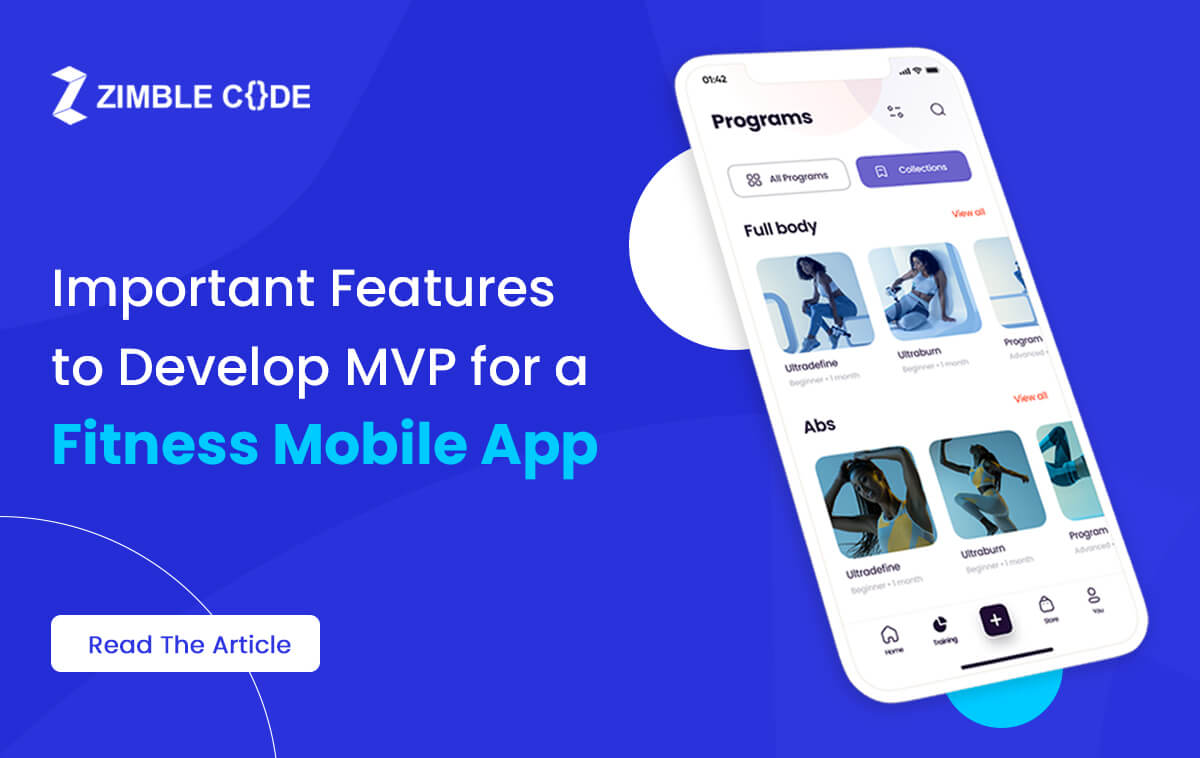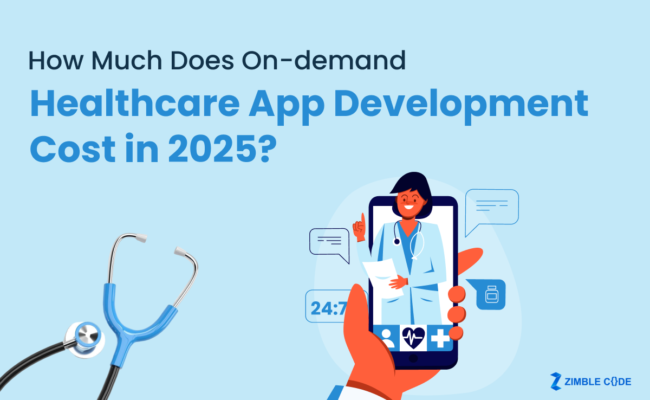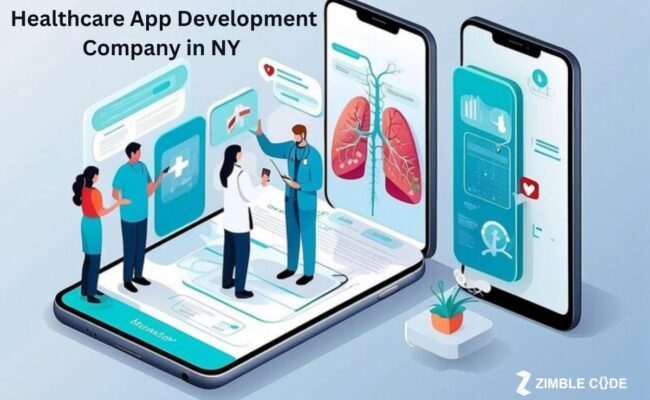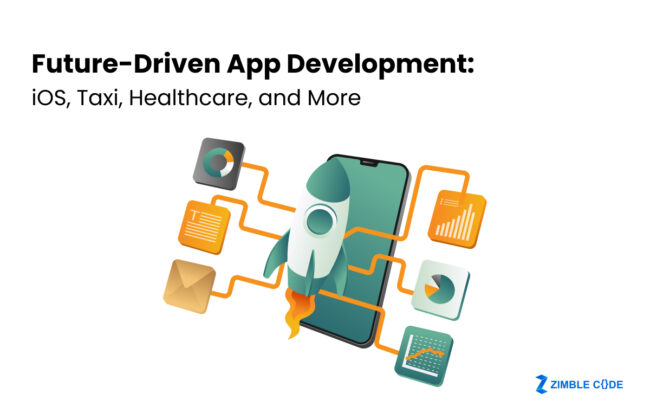To maintain a sane mind, good health, and athletic body Fitness is the only path. People start working out with high enthusiasm and lots of hopes to be fit. Although, a maximum of them give up soon as they cannot see expected results quickly or lose track of their progress. Now with the help of a fitness app, the users can monitor their progress and get real-time progress reports. It may seem that the fitness apps just show ways to workout. But, in reality, fitness applications offer so much more.
If you want to start a fitness trainer app development company then you need to understand the market very well. Proper market analysis helps to develop an on-demand fitness app that is useful for its users at the same time generates profit for your business. There are several fitness apps available in the market. But here are the main types of fitness apps.
- Smart Fitness Coach
- Workout Logging
- Diet and Nutrition
- Activity Tracking
These types have a completely different set of features that offers different kinds of plans that can help the user to stay fit. Now let’s check out some features that an MVP of a fitness app should have.
MVP Features to Create a Fitness App
MVP stands for a minimum viable product that is built while making a digital product from scratch.
Registration
This is a non-obligatory feature if your fitness tracker is just a step tracker. However, to provide customized meal plans, or training regimes it is important to register the user to get a more personalized experience using more user data.
User Profile
This feature lets the user create a personalized user profile using their physical information like height, weight, age and other parameters to create a customized workout regime. This helps the users set fitness goals and achieve desired results faster.
Workout Menu
On-demand fitness app basically helps the user to track their physical activity. So, having a workout menu is the most essential feature. It is important to keep the menu minimalistic and intuitive so that the user can find the exercises they need to perform during a workout session.
Statistics
This feature helps the users to understand their progress when visual changes are not so prominent. Two types of statistics are there: Global and Local. Global statistics display progress for a chosen period of time like week, month or year etc. that helps to track changes in user’s weight, training intensity and muscle mass. Local statistics tracks the user’s progress from one session to another. It shows running pace, travel distance, heart rate and so on. This helps the user to monitor their performance during each work out.
Video-on-Demand or Live Streaming
Sometimes it is important to understand the techniques more carefully. The users might need to watch videos of the exercise. Providing live streaming to fully understand the technique of the exercise, users might want to watch a video where the coach can consult and give instructions to perform the exercises properly.
Barcode Scanner
It is nearly impossible to fill the app’s database with too many items. It can also slow the navigation and search process. So, integrating a barcode scanner will help the users to add products from their daily ration by smartphone’s camera. It also identifies the manufacturer of the product and gives other information about the user’s meal within a few seconds.
Social Media Integration
Users love to share their achievements with friends and family. Integrate social media tools in your fitness app. This would enable them to make instant posts with attractive pictures on social media. This could be beneficial for you too if you can add your app’s logo/name with the picture as it will promote your app on social media for free.
Community and Leaderboards
Create a fitness app that engages the users in competitive leagues. Depending on the progress you can offer reward badges or even give away monthly subscriptions. This helps to keep users interested in your app and also motivates them to take over fitness challenges.
Other than these you can also incorporate some additional features like:
- Third-party app integration like Apple Health or Google Fit to extend your app’s credibility.
- Integration with Wearable Devices like smartwatches, heart rate monitors, smart scales etc. to get precise user data.
- Providing a large fitness database with a range of choices in meals, workouts and exercise to the users so that they can get alternative options.
Conclusion:
If you want to create an on-demand fitness app, then you have to do a market analysis first. It would help you to study your competitors, identify market leaders and understand what extraordinary features they are providing to attract customers. With a thorough market analysis, you should get ready with the list of unique features you want for your app. For this, you will need the help of software developers to pick the right stack of technologies for your app. This will also give you an idea of the expenses and estimates you require to create an on-demand fitness app.
Now is the time to prepare the project specification and wireframes for the upcoming product. With this, you will be able to continue with the desired features even if you choose a different fitness mobile app development company in the USA to develop the app midway. With proper market research, a unique set of features, and the latest technology you won’t miss your targeted audience and move ahead of your rivals.








Thanks for this information ! You have shared really best MVP features to create a fitness app here. Good work !
Great content! This is exactly the sort of thing I was looking for. Thanks for your help 🙂